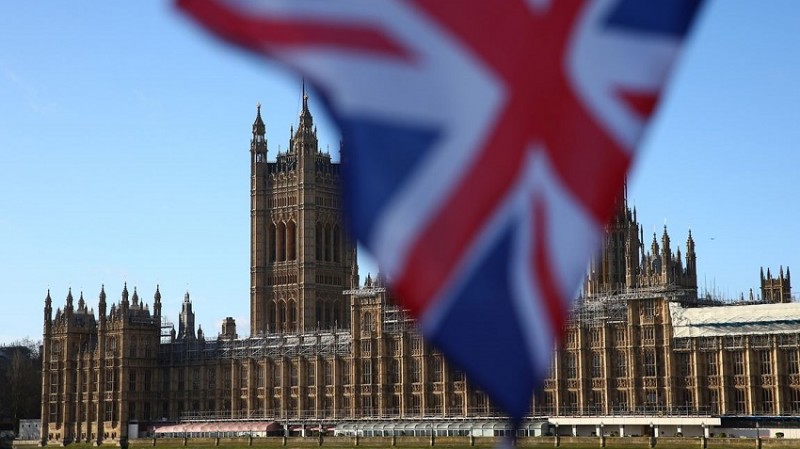
Britain's Labour Party is set for a sweeping victory in Friday's parliamentary election, according to exit polls and early returns, signaling a sharp rebuke for the ruling Conservatives after 14 years of economic and political turmoil.
As dawn broke, official results indicated Labour had secured 326 out of 650 seats, with counting still ongoing across the country. Prime Minister Rishi Sunak had already conceded defeat and congratulated Labour leader Keir Starmer on becoming the next prime minister.
Starmer, addressing supporters in north London as his victory in his own constituency was confirmed, declared, "Tonight, people here and across the country have spoken, and they are ready for change. You have voted, and now it's time for us to deliver."
The election results reflect a disenchanted electorate eager for change amid economic struggles, waning trust in institutions, and social division.
"Nothing has gone well in the last 14 years," remarked London voter James Erskine, expressing hope for a significant shift in the country's direction.
While Labour's expected victory bucks recent rightward electoral trends in Europe, populist sentiments still echo within Britain. Nigel Farage's Reform UK, advocating for anti-immigrant policies under the slogan "take our country back," has influenced voter sentiment, further challenging Conservative prospects.
Initial exit polls suggested Labour could secure around 410 seats in the House of Commons, with the Conservatives trailing at 131.
With more than half of the results in, Labour's landslide appears inevitable, though final seat allocations may vary. According to BBC projections, Labour could attain 410 seats, while the Conservatives may secure only 144 — marking their weakest showing in nearly two centuries.
"The outcome tonight is clear: Britain will wake up to a new government in the morning," said soon-to-be former Defense Secretary Grant Shapps after losing his seat, one of several Cabinet ministers facing defeat.
In a sign of shifting political dynamics, smaller parties like the centrist Liberal Democrats and Reform UK have also shown promising gains. Farage secured a parliamentary seat in Clacton-on-Sea after multiple attempts.
The election's outcome underscores a turbulent period in British politics, exacerbated by internal and external challenges, including Brexit, the COVID-19 pandemic, and geopolitical tensions like Russia's invasion of Ukraine.
Amid widespread discontent, voters prioritized immediate concerns such as economic recovery, infrastructure renewal, and bolstering public services like the National Health Service over traditional party loyalties.
Reflecting on the electorate's mood, retired voter Patricia Mulcahy in Henley-on-Thames predicted a substantial shift in political preference, emphasizing the younger generation's appetite for change.
Anand Menon, professor at King's College London, anticipated a return to more stable governance, marking a departure from recent volatile political theatrics.
Labour's campaign, focused on economic revitalization, infrastructure investment, and environmental goals, resonated with diverse sectors, including business communities and traditionally conservative media outlets like Rupert Murdoch's Sun tabloid.
Conversely, the Conservatives struggled with campaign missteps and controversies, starting with Sunak's rain-soaked campaign launch outside 10 Downing Street and ending with inquiries into betting irregularities involving party insiders.
Despite efforts to overcome public skepticism, Sunak and his party failed to shake off perceptions of political turmoil and mismanagement, further eroding trust in political leadership.
For many voters like Michelle Bird, a port worker in Southampton, the election underscored a broader disillusionment with political representation, questioning which party truly represents their interests.
Read More Updates:
UK PM Elections 2024: Keir Starmer Set for Major Victory as Rishi Sunak Struggles
Rishi Sunak Admits Defeat, Labour’s Keir Starmer to Be PM
UK Election Update: Rishi Sunak and Keir Starmer Vie for Prime Minister